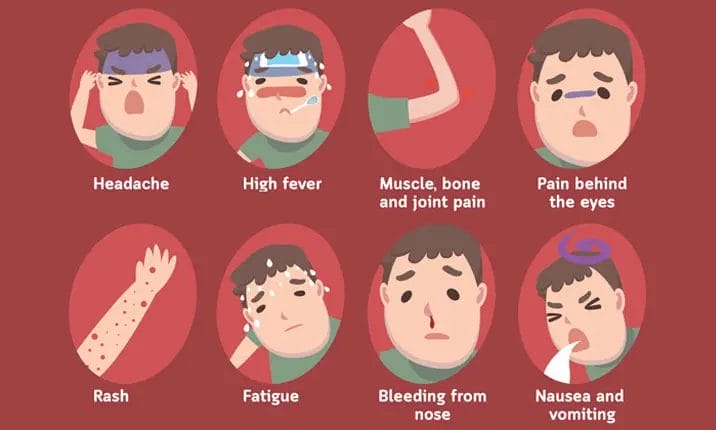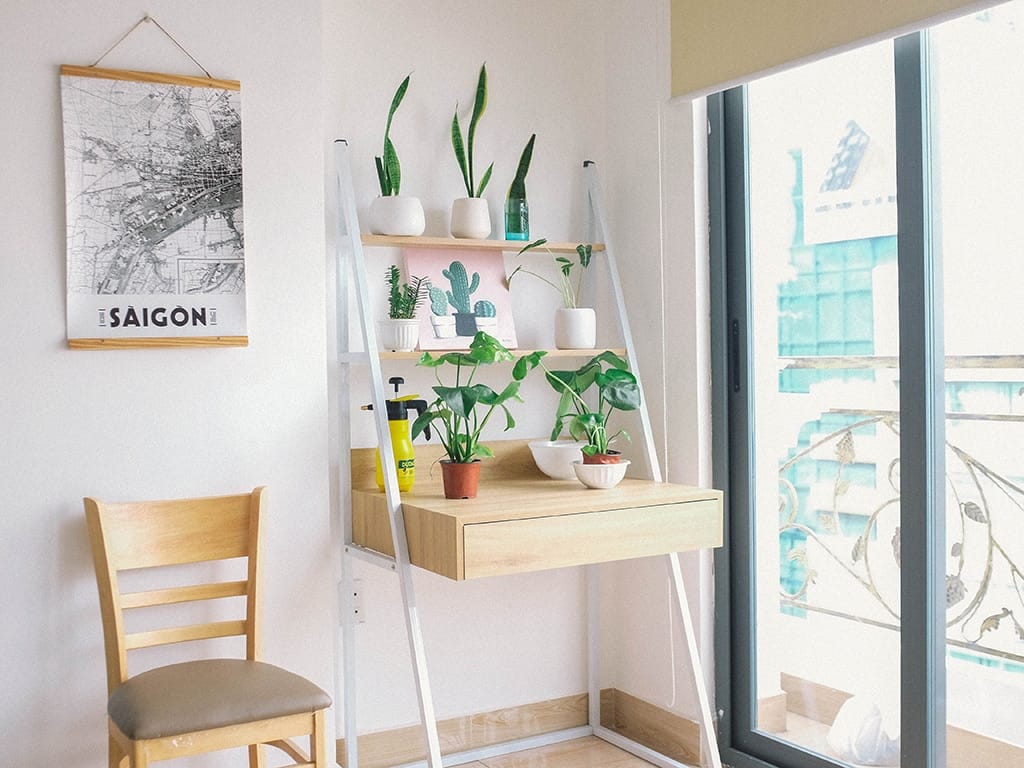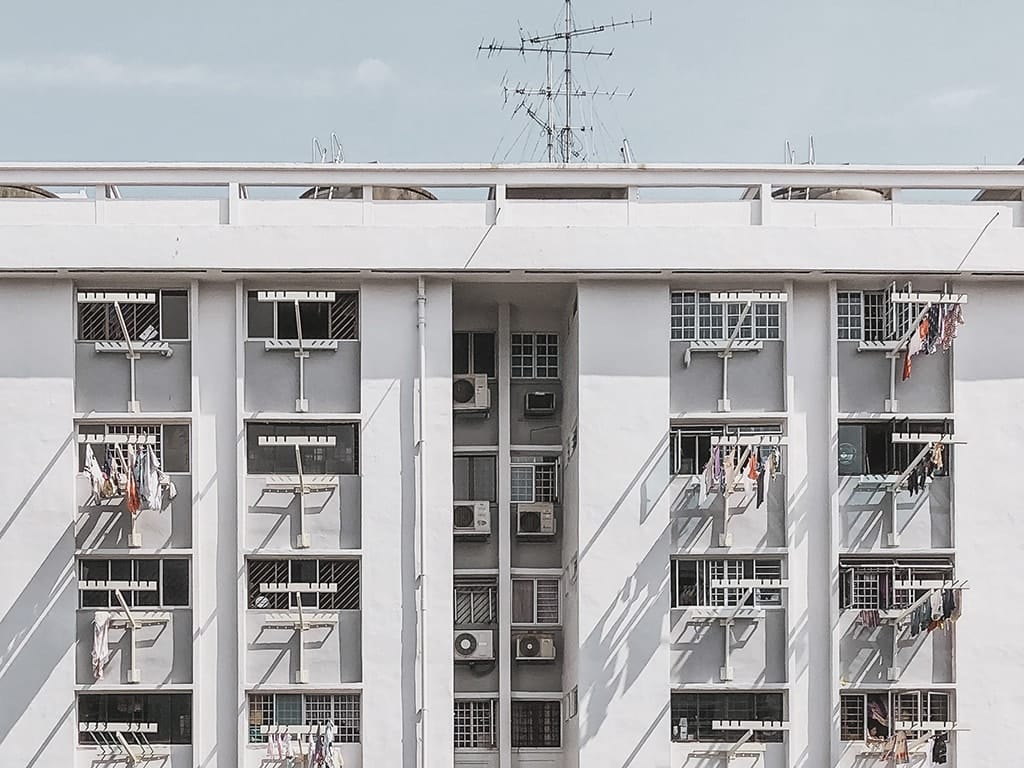You Should be Looking Out for Dengue Too
It seems odd for dengue to share the front page of online newspapers with COVID-19. The dengue situation is not an issue to be ignored. The National Environment Agency expected this year to have the worst dengue outbreak in Singapore’s history. During the Circuit Breaker period, the incidence of Aedes mosquito larvae detected in homes and common corridors in residential areas increased five-fold. By July this year, the number of dengue cases has also already surpassed last year’s tally. As of 1 September 2020, Tropika Club found that the cumulative number of dengue cases for this year stands at over 27,600, bounding ahead last year’s number of 15,998.
No Time to Read? Here’s a Snappy Summary of This Article
- Introduction: Dengue is a serious and widespread disease in Singapore – This article explains what dengue is, how it is transmitted, and why it is a major public health concern in Singapore, especially during the pandemic.
- Symptoms: Dengue can cause fever, rash, headache, and other complications – The common signs and symptoms of dengue, such as high fever, rash, headache, muscle and joint pain, nausea, vomiting, and bleeding. It also warns that some people may develop severe dengue, which can lead to shock, organ failure, and death.
- Prevention: Dengue can be prevented by eliminating mosquito breeding sites and protecting oneself from bites – The best way to prevent dengue is to stop mosquitoes from breeding and biting. It recommends removing stagnant water, covering water containers, using insect repellents, wearing long-sleeved clothing, and installing window screens.
- Treatment: Dengue has no specific treatment or vaccine, but early diagnosis and supportive care can help recovery – The article states that there is no specific treatment or vaccine for dengue, but early diagnosis and supportive care can reduce the risk of complications and death. It urges people to seek medical attention if they suspect they have dengue, and to drink plenty of fluids, rest, and take paracetamol for fever and pain relief.
Table of Contents
Read Also:
1. The Aedes Mosquito
Let’s get to the nitty-gritty. Dengue is spread by several species of female mosquitoes of the Aedes genus, chiefly the Aedes aegypti. You can identify the mosquito can by its distinctive white markings on its legs, and a U-shaped marking on the upper surface of its midsection (the thorax).
Only the female Aedes mosquito bites because it needs the protein for its eggs to develop. The mosquito becomes infective around seven days after it bit a person with the virus. Though they usually bite at dawn and dusk, the mosquito can bite at other times of the day, thus spreading the infection.

2. Symptoms of Dengue
Dengue fever symptoms usually begin with a fever, accompanied by aches. And if the symptoms worsen, those infected may experience abdominal pain, persistent vomiting, mild bleeding and rapid breathing. Here are some other symptoms you should look out for as well:
- Sudden onset of fever for two to seven days
- Nausea and vomiting
- Severe headache with behind your eyes
- Skin rashes
- Joint and muscle pain
- Mild bleeding from the nose or gums

Once you detect these symptoms, do see a doctor as soon as possible – early diagnosis can help in managing dengue. And, you should help prevent further transmission of the disease by applying repellent regularly, so you don’t risk mosquitoes biting you and spreading the dengue virus to others.
There is a dengue vaccine available, and it’s been approved by the Health Sciences Authority (HSA). While the vaccine is suitable for individuals of ages 12 to 45, do consult your doctor to find if you’re a suitable candidate for the dengue vaccine, since there are additional risks when using the vaccine if you have no prior experience with dengue.
Read Also:
3. How to Prevent Dengue
Watch out for the possible breeding grounds of the Aedes mosquito. These mosquitoes only require an area of stagnant water that’s as small as a 20-cent coin. Look out for still natural water bodies, such as puddles and tree holes, as well as artificial water container that may contain stagnant water, such as plant pots, water storage containers, and clogged roof gutters.
If you live in an *HDB flat, it’s important to cover the bamboo pole holders when you’re not using it, and pay attention to check if there’s any trapped stagnant water at the common corridors, such as water from drain blockages. And, every once in a while, remember to change the water in your vases and bowls, clear out the water from your flower pot plates.

*For those who live in condos or gated communities, do check out these hotspots for the Aedes mosquito breeding grounds:
- Outdoor litter bins
- Bin centre (particularly perimeter drains, gully traps, discarded receptacles and stored bulk bins inside and around the bin centre)
- Scupper drains, perimeter drains and sumps of basement or multi-storey car parks.
- Open and closed drains
- Gully traps
- Ponds and fountains
- Air-conditioner trays
- Rooftop, pump room, and water tanks
Regardless of where you live, it’s best to spray insecticide, or insect repellent, in the dark corners of your home. The NEA has a guide on how to spray them, as well as advise on what to do if you see adult mosquitoes at your home, as well as when you’re living in a dengue cluster area. (nea.gov.sg).
Conclusion
- Summary: Dengue is a dangerous and prevalent disease that can be prevented and treated – The article has provided information on what dengue is, how it is transmitted, what are its symptoms, how it can be prevented, and how it can be treated.
- Recommendation: Be aware of the risk of dengue and take action to protect yourself and others – The article has suggested that people should be aware of the risk of dengue and take action to protect themselves and others from mosquito bites and breeding sites, and to seek medical help if they have any signs of dengue.
- Call to action: Join the fight against dengue and spread the word – The article has encouraged people to join the fight against dengue and spread the word about the disease, its prevention, and its treatment. It has also provided links to resources and websites where people can learn more and get involved.

Frequently Asked Questions (FAQ)
Q: How do I know if I have dengue?
A: The most common symptoms of dengue are high fever, rash, headache, muscle and joint pain, nausea, vomiting, and bleeding. However, some people may have mild or no symptoms at all. The only way to confirm dengue is to do a blood test at a clinic or hospital.
Q: How long does dengue last and when should I see a doctor?
A: That dengue usually lasts for 2 to 7 days, but some people may take longer to recover. It urges people to see a doctor as soon as they suspect they have dengue, and to monitor their symptoms and temperature regularly. It also warns that some people may develop severe dengue, which can occur 3 to 7 days after the onset of fever, and requires immediate medical attention.
Q: How can I prevent myself and others from getting dengue?
A: The best way to prevent dengue is to stop mosquitoes from breeding and biting. It suggests to remove stagnant water, cover water containers, use insect repellents, wear long-sleeved clothing, and install window screens. It also advises to check one’s surroundings for potential mosquito breeding sites and report them to the authorities.
Q: Is there a vaccine or cure for dengue?
A: There is no specific treatment or vaccine for dengue, but early diagnosis and supportive care can reduce the risk of complications and death. It suggests to drink plenty of fluids, rest, and take paracetamol for fever and pain relief. It also cautions against taking aspirin or ibuprofen, as they can worsen bleeding.

Have an Article to Suggest?
Tropika Club is always looking for new and exciting content to feature in their magazine and they value the input of our readers. If you have any noteworthy content or articles that you believe would be a great addition to Tropika Club’s magazine, we are open to suggestions and encourage you to reach out to us via email at [email protected]. By doing so, Tropika Club values your expertise and knowledge in the matter and appreciates your willingness to help. We will review your recommendations and update our list accordingly
Meanwhile, Check Out Tropika Club’s Ecosystem of Websites

Tropika Club Magazine – Tropika Club Magazine is a Singapore-based publication that features articles on a wide range of topics with a focus on local businesses and content for the region. The magazine emphasizes supporting local businesses through its #SupportLocal initiative, which includes coverage of everything from neighborhood hawker stalls to aesthetic clinics in town. In addition to highlighting local businesses, Tropika Club Magazine also covers a variety of local content, including beauty, lifestyle, places, eats, and what’s on in Singapore and the Asia Pacific region.
Tropika Club Deals – Tropika Club Deals is a leading online deals and voucher shopping site in Singapore, offering amazing discounts on beauty, wellness, and fitness products and services. It’s the perfect platform for customers who want to discover the best deals without having to commit to a specific appointment date and time. These deals are available at major beauty stores, facial salons, hair salons, and other brands in Singapore, with no minimum spend required. Choose from guaranteed discounted deals in the categories of hairstyling, hair removal, facial & aesthetics, body slimming, brows & lashes, nails & makeup, massage & spa or fitness & wellness. Tropika Club Deals is also ideal for customers who want to buy vouchers as gifts or to use for the future. So whether you’re looking to save money on your next haircut or want to treat yourself to a relaxing massage, Tropika Club Deals has got you covered with the best voucher and coupon deals in Singapore!




